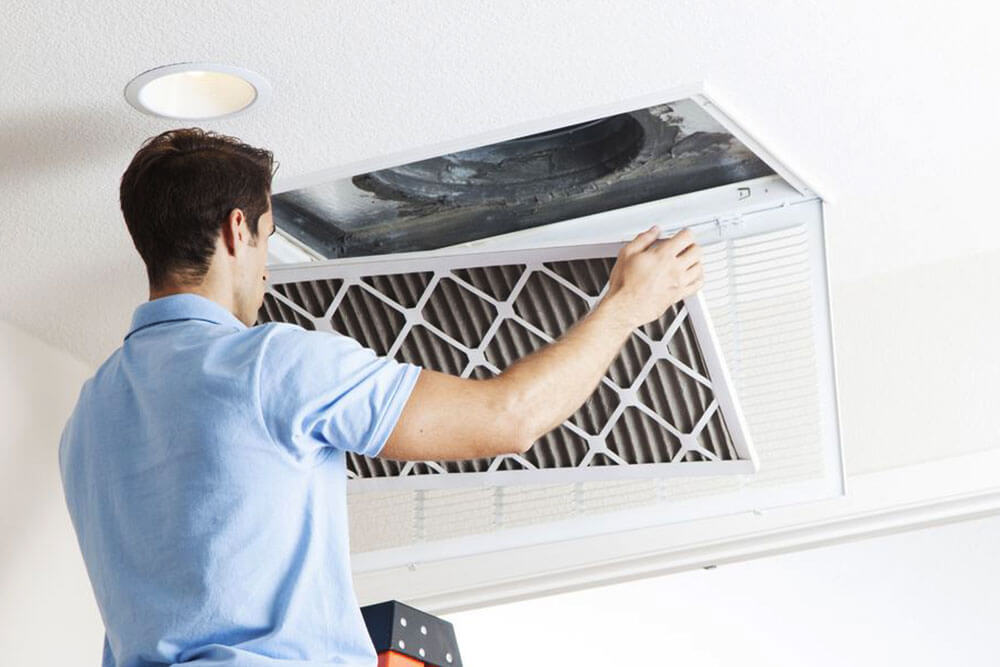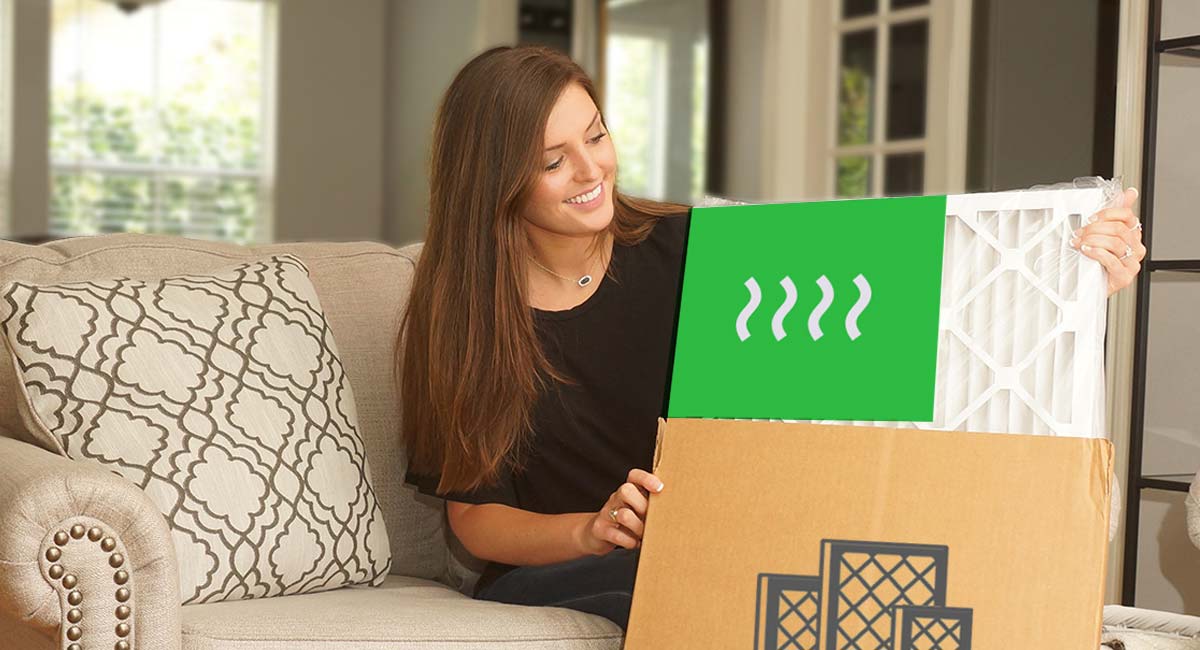

Most of us spend a lot of time indoors during winter. Due to the impact of COVID-19, many of us are now working from home as well. This means we’re spending the majority of our day sealed inside against the cold.
Sure, this might feel warm and cosy, but stale indoor air can become a problem if you suffer from sensitive allergies or respiratory conditions. Without fresh air flow, allergens like dust mites, dander and mold spores are trapped inside, which can exacerbate asthma flare-ups and allergy symptoms.
How can this affect your ducted air conditioning?
Ducted air conditioning can help or hinder your home’s air quality depending on how well you maintain your system. A well-maintained system can remove pollutants and moisture from the air, reduce mould, and assist with airflow. Without proper care, your ducts can become dirty or damaged, and your system can churn out harmful pollutants.
Therefore, it’s essential to follow the proper maintenance requirements to ensure your system runs efficiently and air quality is well maintained.
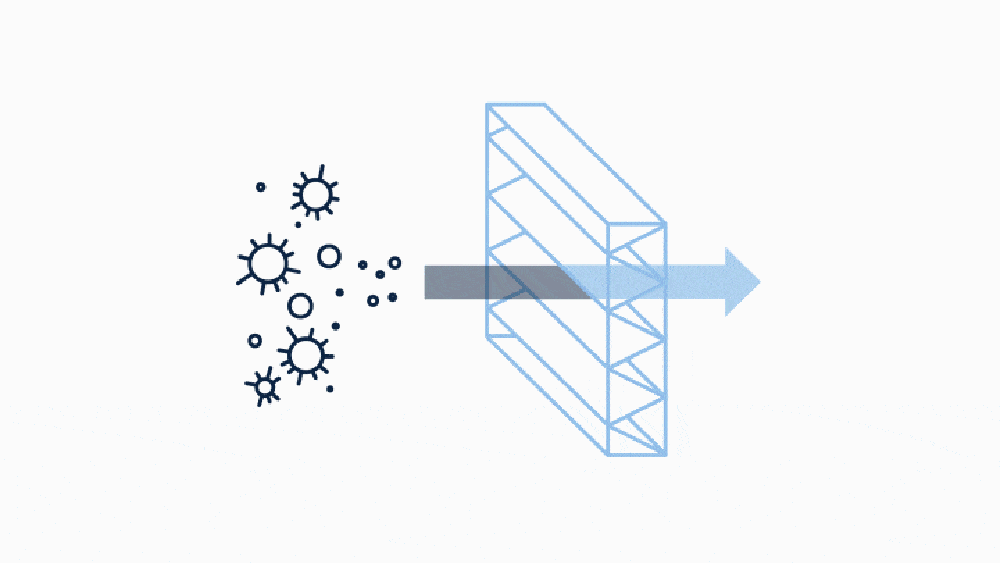
Use a high-quality filter
Air filtration is one of the most critical aspects of your ducted air conditioning unit. Without a quality filter, your unit will suck up and distribute unsavoury particles throughout your home. You have a range of different options to choose from:
- Net or Mesh material filters. These are the cheapest models available, but they offer little filtration and are unable to trap smaller particles like dust or pollen.
- Material filters. These are commonly used for domestic air-con systems. They’re relatively easy to install and cheap to replace; however, they’re unable to filter very fine allergens and can be messy to clean.
- Disposable ducted air conditioning filters. This includes V-form filters and cardboard V-form filters. This type of filter offers a high level of filtration and a large surface area to trap more debris.
If possible, opt for a MERV-13 filter. A filter with this rating can remove up to 90% of particles and organic compounds from the air. Keep in mind that filters aren’t designed to last forever. You’ll need to replace them every 3-12 months for maximum efficiency.
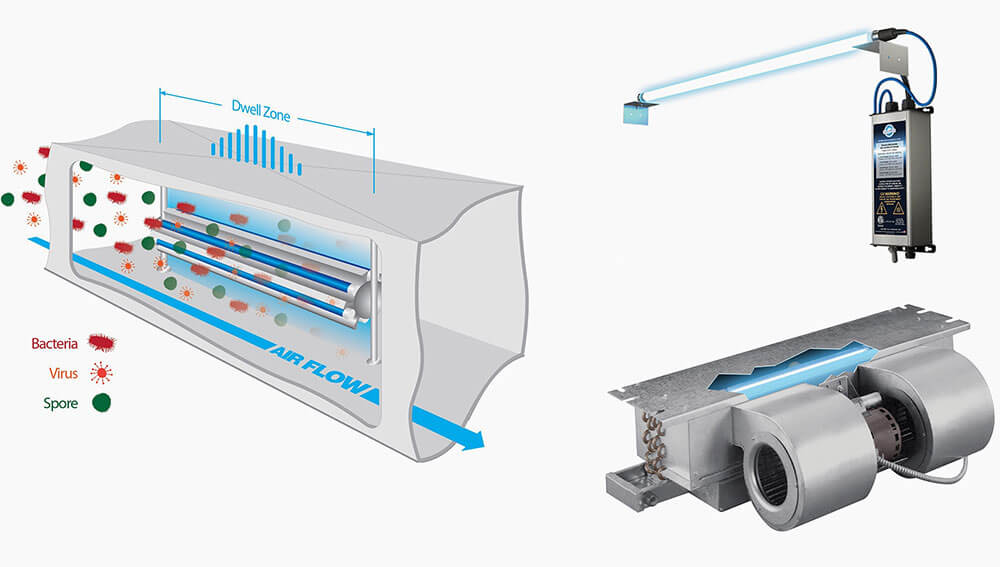
Install an air disinfection system
These are designed to improve the air quality within your air conditioning system. They work by using UVC rays to reduce or eliminate bacteria, germs and mould from the ductwork, which in turn purifies the air churning through your system. They’re cheap to install, require low maintenance, and can be fitted to suit different air flows and applications. Better yet, they don’t rely on chemicals to eliminate germs or pollutants.
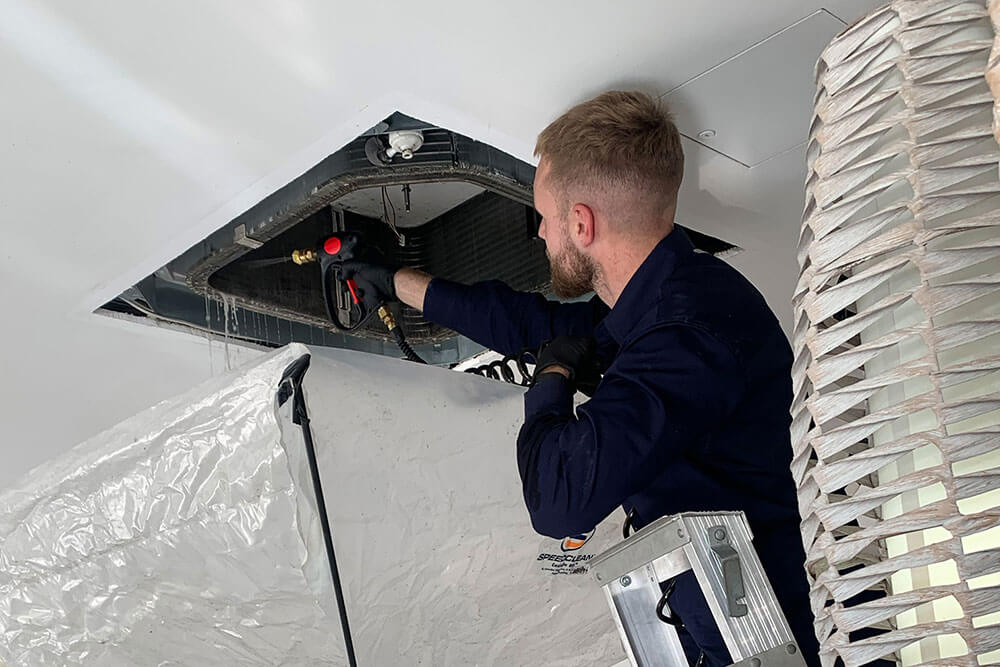
Regularly clean your system
While you can easily clean outdoor units and vents, ducts and fan coil units can be tricky. Ducts can get damaged and form holes over time, meaning air is more likely to escape. When this happens, dust, dirt and nasty particles can be churned into your home, reducing the overall air quality.
To prevent this, try and clean your ducts every two to three years. If you decide to clean them yourself, Aeris Guard coil cleaners and treatments are an effective way to keep the coil surface free from grime, rust, or corrosion. This will improve your air quality while lowering your energy costs by ensuring your system runs efficiently.
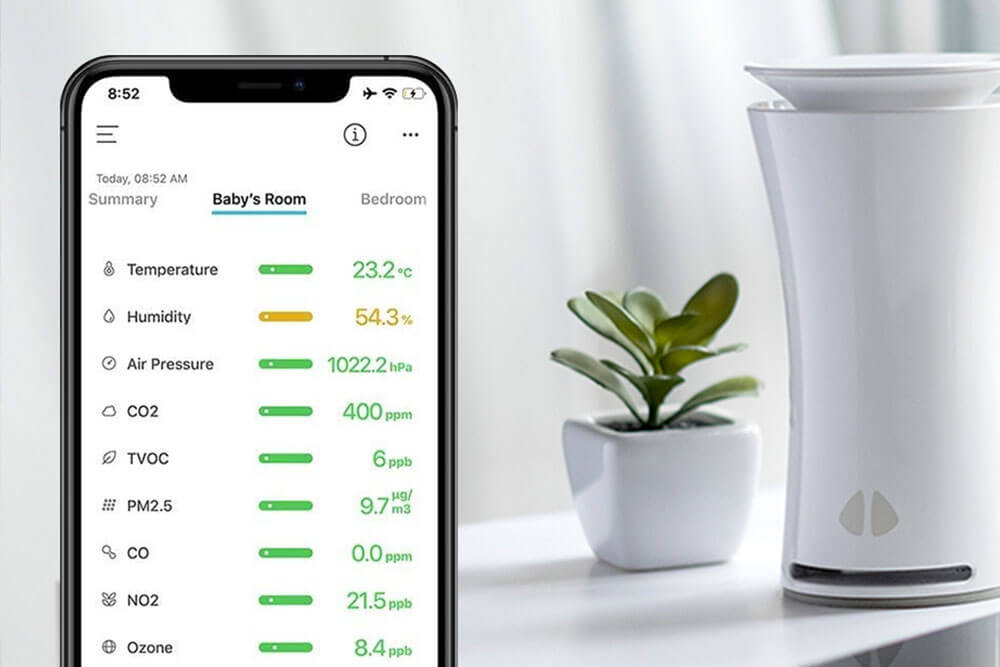
Monitor your indoor air quality
Maintaining a balance between energy efficiency and healthy indoor air isn’t always easy. This is where an indoor air (IA) quality monitoring system can help. This device gathers real-time information on the air quality of your home using gas and particle sensors, which are then displayed on a screen. You may also have the option to download a compatible app and receive your measurements digitally.
Most IA monitors will alert you via an indicator light if you have unsafe air quality levels in your home. A good quality IA monitor should provide enough evidence for you to track down and eliminate the source of your air quality issues.
Graham, Cooke is an energy expert at Finder
